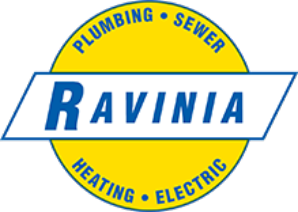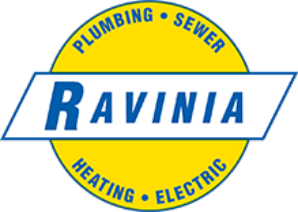
The doorbell rings and your guests arrive. But as you pass through the kitchen, you see dirty dishwater has backed up into your sink. Oh no! How did this happen?!
Likely you have been following some seemingly innocent and common practices that actually clog the drain in your kitchen sink or garbage disposer system. Before looking at what these might be, you need to first understand what clogs the drain.
Clogged kitchen drains are similar to blocked arteries. Though fat, oil, and grease go down the drain in liquefied form, they cool as they move through your pipes and begin to narrow the opening with layer upon layer of solidified grease. Vegetable peelings, coffee grounds, and food particles then add to the clog and build up over time. So here are some common practices you should avoid:
Putting Fats, Oils, and Grease into a Drain or Garbage Disposal
We all do it, right? We rinse the dishes, pots, and pans before putting them in the dishpan or dishwasher, introducing grease in various forms to our pipes or disposal system. Let grease cool (or hasten the process by throwing ice cubes into the pan). Then, throw the solidified grease into the garbage.
Rinsing Food Particles into the Sink
No one likes food particles floating in the dishwater. However, manufacturers tell us we rinse our dishes too well before putting them in the dishwasher. Not surprisingly rice, potatoes, beans and pasta, known for their high starch content, become pasty when washed down the drain and coat kitchen pipes.
Keep a container with a tight-fitting lid or a compost jar available and wipe the food particles into the container. Leave smaller particles on the dishes if you plan to wash them in a dishwasher.
Washing Coffee Grounds, Egg Shells, and Peelings Down the Drain or Garbage Disposal
Like food particles, coffee grounds clog drains. Wipe these grounds into a compost bucket or save them in a separate container for use in your garden. Eggshells, commonly thought to clean disposals, actually clog them. Save those eggshells and vegetable peelings for use in your garden.
While you can control your own behavior, you can’t control what everyone does while using your kitchen sink. Clogs will happen. You can attempt to re-open the drain from minor clogs yourself, but when clogs become common and nagging it could indicate a bigger problem. Consider contacting a plumbing professional who can determine the best and safest way to remove the clog.



